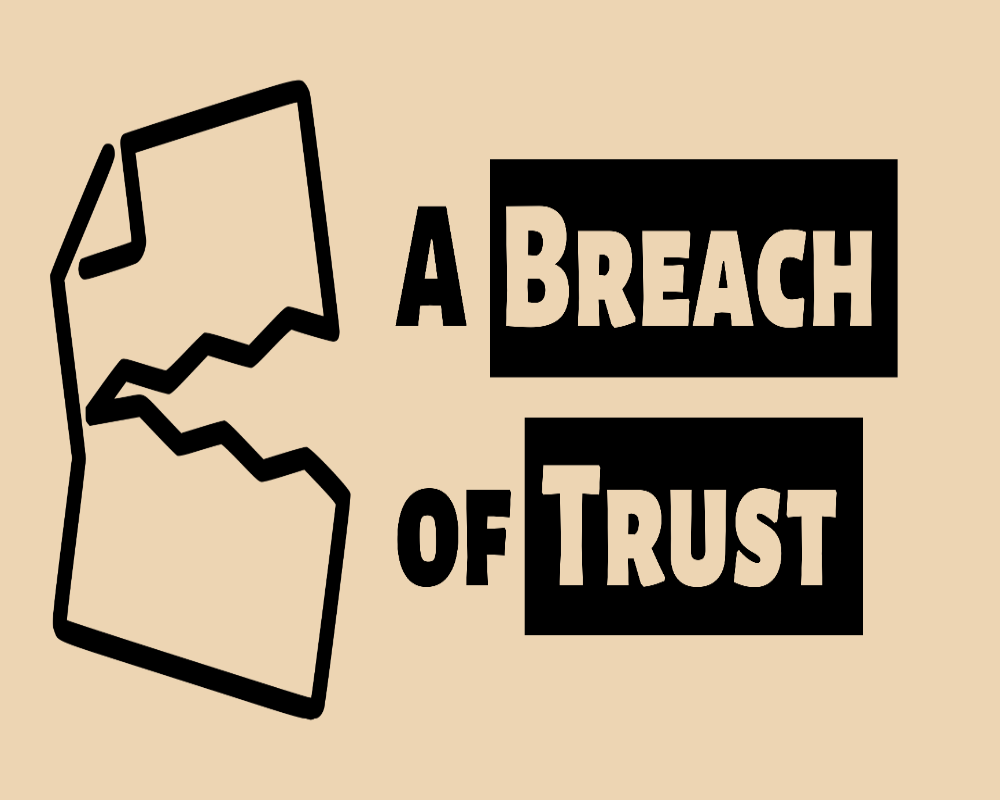Introduction
A partnership firm is built on the foundational principle of mutual trust and good faith among its partners. Each partner is expected to act not only in their own interest but also in the best interest of the firm and the other partners. When this expectation is violated—through dishonest actions, concealment of information, or misuse of authority—it results in what is legally recognized as a breach of trust. In the context of partnership law, such a breach is a serious offense that can disrupt business operations, damage relationships, and lead to legal consequences. Understanding what constitutes a breach of trust in a partnership firm is essential for protecting rights, maintaining harmony, and ensuring accountability.
Meaning of Breach of Trust in Partnerships
A breach of trust occurs when a partner, entrusted with powers or responsibilities on behalf of the partnership, violates their fiduciary duties—either by acting dishonestly, withholding information, or misusing firm property or authority for personal benefit. This includes any act that betrays the confidence placed in a partner by the firm or the other partners, thereby compromising the collective interest of the partnership.
Legal Foundation and Fiduciary Duty
Under Section 9 of the Indian Partnership Act, 1932, partners are bound to carry on the business:
- To the greatest common advantage,
- To be just and faithful to each other,
- To render true accounts and full information of all things affecting the firm.
Violation of any of these duties can amount to a breach of trust. Additionally, Section 10 and Section 13 reinforce the obligations of partners to act honestly and compensate the firm for any loss caused by willful negligence or fraud.
Examples of Breach of Trust in Partnership Firms
- Misappropriation of Firm Funds: When a partner diverts firm money to personal accounts or uses business funds for unauthorized purposes.
- Concealment of Information: Hiding important business decisions, profits, contracts, or liabilities from other partners.
- Competing Business: Running a business in direct competition with the partnership without consent and profiting from it.
- Unauthorized Dealings: Entering into contracts or making commitments in the firm’s name without authority or consent.
- Manipulating Accounts: Falsifying financial records to misrepresent the firm’s profits or a partner’s share.
Consequences of Breach of Trust
A breach of trust in a partnership can lead to multiple consequences, including:
- Civil liability: The defaulting partner may be required to compensate the firm for losses or unjust gains under Section 16 of the Partnership Act.
- Expulsion: If authorized by the partnership deed, the erring partner may be expelled under Section 33.
- Legal action: The affected partners may initiate a suit for dissolution, accounting, or damages.
- Loss of goodwill and credibility: Breach of trust can severely damage the firm’s reputation and investor or client confidence.
Preventive Measures
To avoid breaches of trust, partnership firms should:
- Clearly define roles, duties, and authority in the partnership deed,
- Maintain transparency through regular meetings and financial disclosures,
- Require joint approvals for high-value transactions,
- Implement internal controls and periodic audits,
- Include dispute resolution mechanisms such as arbitration clauses.
Conclusion
A breach of trust in a partnership firm occurs when a partner fails to act in good faith, misuses their authority, or compromises the firm’s interest for personal gain. It violates the legal and moral duties that partners owe to each other and the business. Such acts can lead to financial loss, legal disputes, and breakdown of the partnership itself. Recognizing, preventing, and addressing breaches of trust is vital for maintaining the integrity, cooperation, and long-term sustainability of any partnership firm. By fostering transparency, mutual respect, and clearly defined responsibilities, partners can safeguard the trust that lies at the heart of a successful partnership.
Hashtags
#BreachOfTrust #PartnershipFirms #BusinessEthics #TrustInBusiness #LegalAdvice #PartnershipLaw #BusinessPartnership #TrustIssues #ConflictResolution #BusinessIntegrity #PartnershipDisputes #LegalRights #TrustAndTransparency #BusinessRelationships #EthicalBusiness #PartnershipAgreement #TrustBreach #LegalMatters #BusinessLaw #PartnershipDynamics


0 Comments